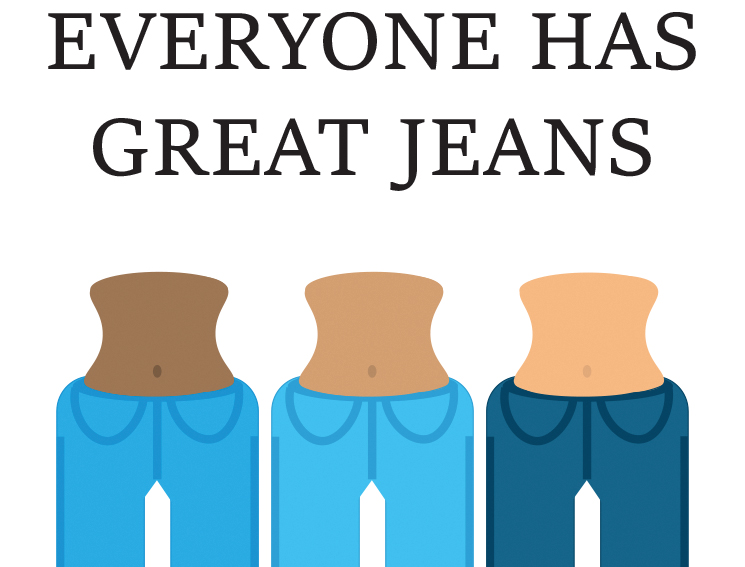
By Jacob Vaughn
Copy Desk Chief/
Music Editor
Nowadays, it seems people are being called out left and right for offensive things they’ve said or done in the past or present.
TV shows have been canceled. Jobs have been lost. Reputations have been destroyed.
There should be some path toward redemption for these people. After all, it could happen to anyone.
Life is a learning process. People are constantly changing and learning from their mistakes, some more than others. We accept this fact when it comes to the smaller things. Getting short with someone at a day job, having poor manners on a bad day or some other defects of character are all more or less forgivable.
However, in our everchanging society, riddled with social justice warriors, the mistakes we wish people would learn from act as a plague on their character.
Roseanne Barr was killed off of her own hit TV show for a seemingly racist Tweet. On Point radio host, Tom Ashbrook, was dismissed from WBUR for allegedly bullying and sexually harassing co-workers during his time with the station. I think any rational person would invite these individuals to change. But, the world is not full of rational people.
When these individuals are allowed to change, it is usually through one of the time-tested paths to reputation rehab exhibited over the years. These are seclusion, prison, good works or the seminary, according to The New York Times.
These paths are suited for some people – the Bill Cosbys, the Harvey Weinsteins and others who probably do not deserve the world’s forgiveness.
Barr and Ashbrook on the other hand, should not be eternally condemned for missteps of character. The more minor offenses by these two can be written off as misunderstandings, or having not properly changed with the times.
While this does not excuse their actions, their apologies warrant a path toward redemption. If society does not establish this path for minor offenders, major offenses get lumped into the same category, diminishing their severity.
CANCELED
While media outlets blew up during the Barr fiasco, Hillary Clinton lived with the unspoken forgiveness for her decades-long opposition to same-sex marriage. Clinton did not come out in full support of same-sex marriage until 2013, according to Politifact.
Clinton received backlash for her opposition and backing her husband Bill in light of sexual assault allegations. However, she was not canceled, a term University of Virginia professor Meredith Clark described as withdrawing from someone whose expression – whether political, artistic or otherwise – was once welcomed or tolerated, but no longer is, according to The New York Times.
“To a certain extent, I really do think of it like a breakup and a taking back of one’s power,” she said, according to The New York Times. Clark said people whose power is dependent on the public’s attention are more susceptible to cancelation. Because of this, politicians and business owners are harder to cancel.
This could explain the lack of ridicule directed at Clinton. However, Eliot Spitzer, former governor of New York, did not receive the same token. Details released in 2008 about an affair Spitzer had with an escort essentially destroyed his career. Hopes for a political comeback for Spitzer were squashed in 2013 when he lost the race for New York City comptroller, according to the New York Post.
OUTRAGE
I have been on social media for a long time. Through all my time wasted on these platforms, I said some not-so-honorable things about politics and organized religion. I even publicly entertained a handful of conspiracy theories.
I’ve grown a lot since then, but one of those posts could get me fired from a job or cast me out from society someday.
“Guardians of the Galaxy” director James Gunn was fired by Disney for years-old tweets in which he joked about pedophillia and rape. The posts were taken out of context and misrepresented specifically to get Gunn fired, according to Vox. Even if the posts were not taken out of context, Gunn had surely grown since the posting of the tweets in question. He might have even matured.
There should be what University of Illinois College of Law professor Lesley Wexler calls restorative justice for minor offenders. What should be happening is personal, she said, according to apnews.com. Offenders should be making amends with their victims. They should be publicly vocal about what they did wrong and how they intend to better the situation.
If this was a societal norm, more people would be able to change with the times.







